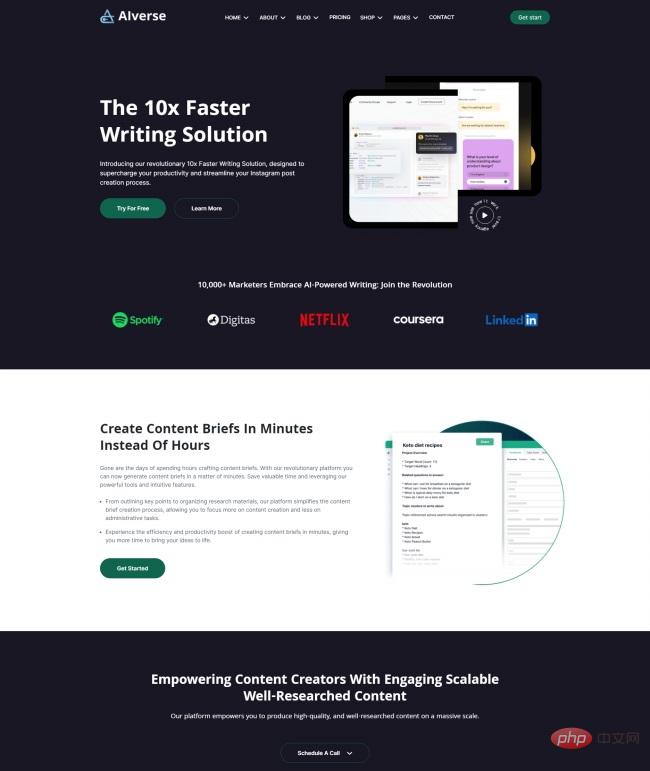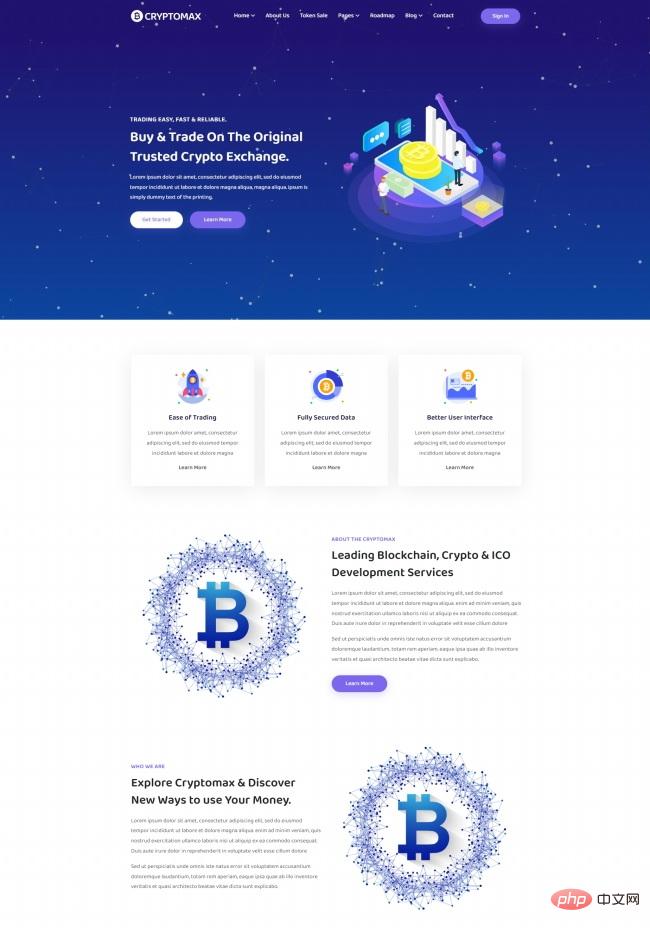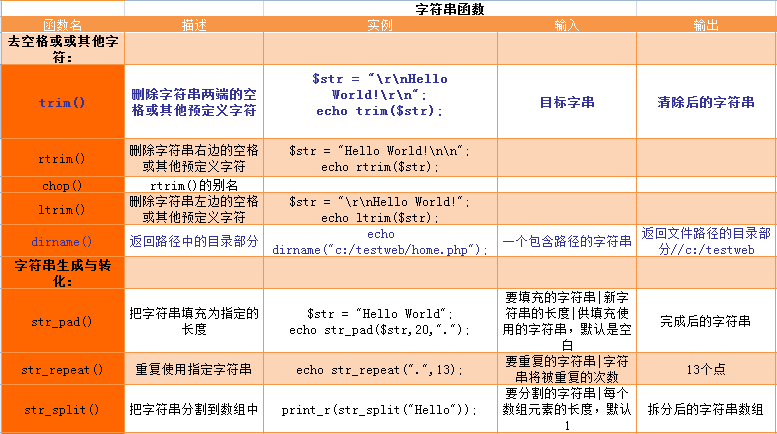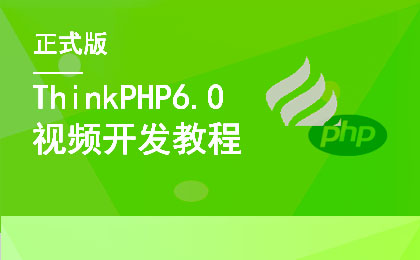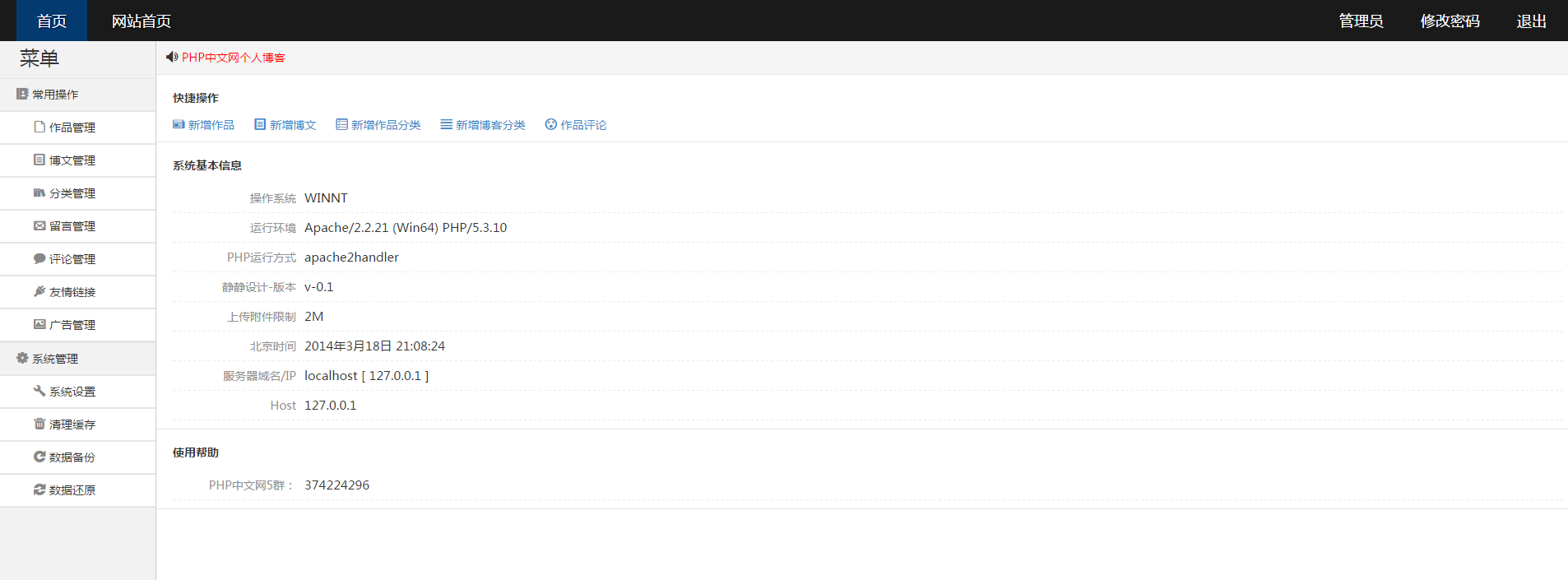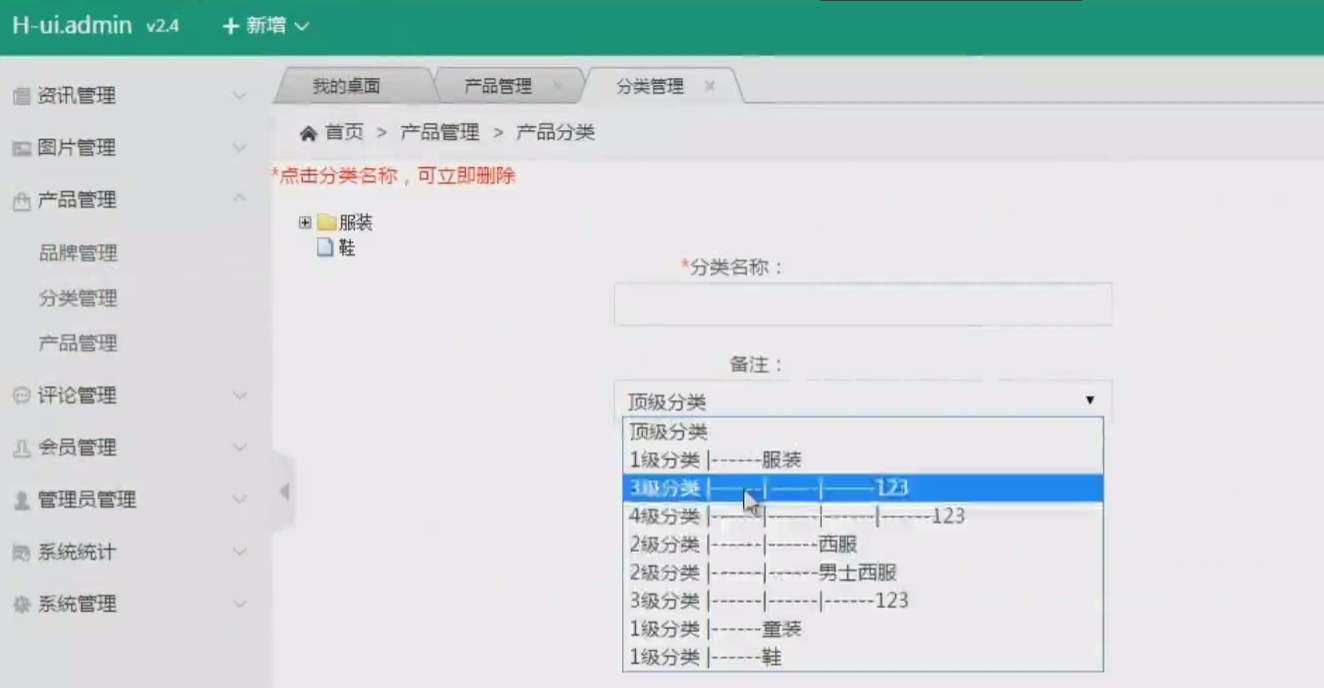current location: Home > Download > Learning resources > php e-book > Joomla plug-in development
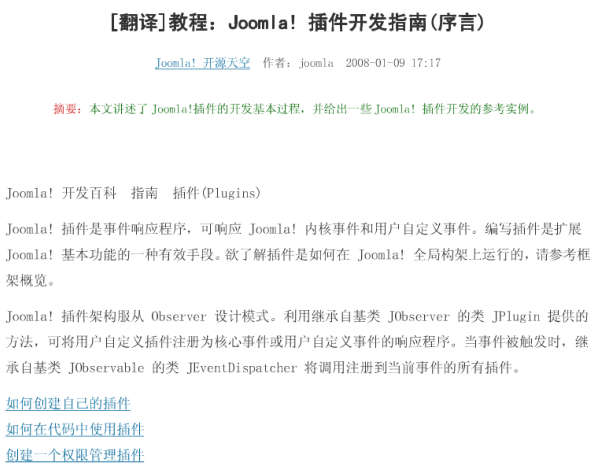
Joomla plug-in development
| Classify: Learning materials / php e-book | Release time: 2018-02-05 | visits: 2887268 |
| Download: 155 |
Latest Downloads
Horror Beat Phase Maker
Himalayan Children
Zebra AI
Supermarket Manager Simulator
Red Alert Online
Delta Force
Pokémon UNITE
Fantasy Aquarium
Girls Frontline
Wings of Stars
24 HoursReading Leaderboard
- 1 How to fix "There is already a file with the same name in this location" error in Windows?
- 2 The Best SD Cards for Raspberry Pi in 2024
- 3 Apache's Notability: The Web's Most Used Server
- 4 Redis: Identifying Its Primary Function
- 5 Google Pixel 9a Review: You Probably Don't Need to Buy the Flagship
- 6 How to use triggers for oracle
- 7 NYT Connections Answers And Hints - April 12, 2025 Solution #671
- 8 Dungeons & Dragons: How To Build An Oni Bloodline Sorcerer
- 9 How to add, modify and delete MySQL data table field operation guide
- 10 Solution to MySQL encounters "Access denied for user" problem
- 11 How to change the oracle table name
- 12 What database management tools are there in oracle11g? What database management tools are there in oracle11g?
- 13 How to connect to remote database of oracle How to connect to remote database of oracle database
- 14 How to return after oracle submitted
- 15 Reading The AI Index 2025: Is AI Your Friend, Foe, Or Co-Pilot?
Latest Tutorials
-
- Go language practical GraphQL
- 3123 2024-04-19
-
- 550W fan master learns JavaScript from scratch step by step
- 4455 2024-04-18
-
- Getting Started with MySQL (Teacher mosh)
- 2452 2024-04-07
-
- Mock.js | Axios.js | Json | Ajax--Ten days of quality class
- 3165 2024-03-29
Introduction
Joomla plugins can be used for various purposes. The plug-in adds more expressions to the output page of the website and has an installation function.
Plug-in type
Although there are almost unlimited types of plugins for Joomla. But they have 8 core types. These core types are classified and stored in the /plugins/ directory. They are:
- authentication
- content
- editors
- editors-xtd
- search
- system
- user
- xmlrpc
The Authentication plugin allows you to authenticate against different sources. You can authenticate through Joomla's user database when you log in. However, there are many other methods that are also possible, such as Google's OpenID (Open User Centric Identity), LDAP (Lightweight Directory Access Protocol) and many others. Regardless of the source, with its open API, you can write a verification plug-in to confirm the logged-in identity. For example, you can write a Twitter account verification plugin because they provide an open API.
The Content plug-in is used to change or add some content when displaying article content. For example, the content plug-in can hide the email address of the article, or format the URL address in your own way. The content plugin can also search for specific tags in articles and replace them with other text or HTML. For example, in the plug-in named Load Module, all modules in the banner1 position will be started and the {loadmodule banner1} tag will be replaced with their output content.
Editor The plug-in allows you to add new content editors (commonly used ones are WYSIYWG)
The Editor-XTD (extension) plug-in allows you to add certain function buttons to your editor. For example, there are several buttons under the existing default editor: Image (add image), Pagebreak (insert page break) and Read more (read full text) button.
The Search plugin allows you to search in different components and different articles. For example, the search plug-ins of the article system: Contacts, Weblinks
The System plug-in allows you to use PHP code to perform various actions in various places on your Joomla site.
The User plugin allows you to perform user-specific actions at different times. This includes when logging in, logging out, and when user data is stored. The most typical user plug-in is a bridge connection between different web applications. For example, establish a bridge connection between Joomla and Phpbb.
The XML-RPC plugin allows you to provide an XML-RPC service for your website. When your website provides web services to other applications (perhaps a desktop application), it provides you with the ability to interact remotely. Network services is really a profound topic, and I can't go into too much detail here.





![[Web front-end] Node.js quick start](https://img.php.cn/upload/course/000/000/067/662b5d34ba7c0227.png)


